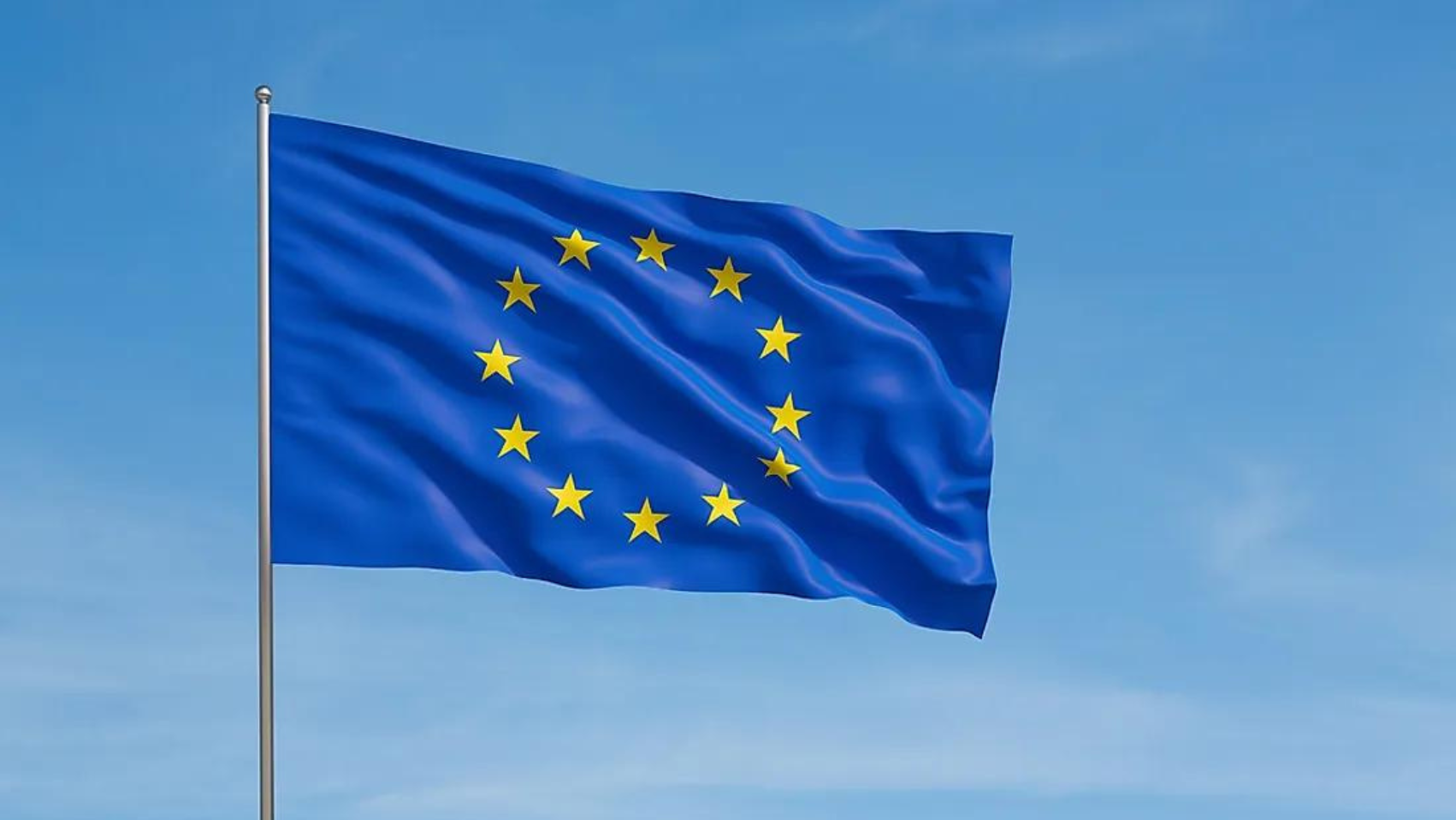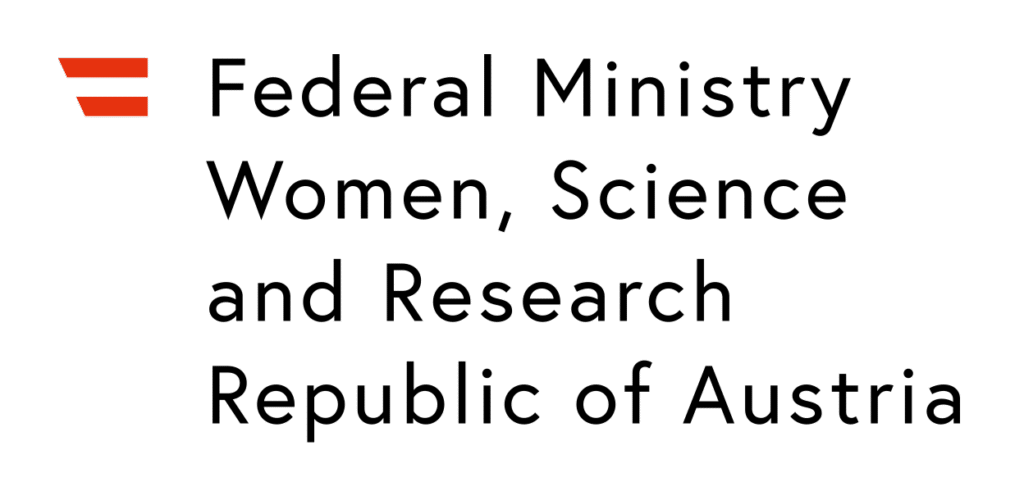As Women Against Violence Europe (WAVE), a feminist network representing over 1,600 women’s organisations across Europe, we are deeply concerned by the growing restrictions placed on women’s human rights defenders and feminist civil society organisations across Europe and beyond. From political repression and legal threats to chronic underfunding and exclusion from policymaking, our members, women’s specialist services working on the frontlines to prevent and tackle violence against women, are reporting increasingly hostile and unsustainable conditions.
A 2023 global survey by the Kvinna till Kvinna Foundation found that 75% of women human rights defenders or their organisations had experienced harassment or threats, marking a 15% increase since 2021.1 This trend has deeply concerning implications not only for the safety of defenders, but for democracy, civic participation, and the protection of fundamental human rights.
Across our network, WAVE members describe worsening conditions: intimidation, shrinking access to public funding, exclusion from decision-making processes, and increased surveillance. These developments undermine both the fundamental rights of civil society and the progress made over decades to protect women and girls from gender-based violence.
Recent reports by the Council of Europe’s Group of Experts on Action against Violence against Women and Domestic Violence (GREVIO) have already drawn urgent attention to this alarming trend. For example, in Poland, growing insecurity and a lack of institutional dialogue are creating an increasingly hostile environment for service providers. In Spain, public discourse questioning the existence of violence against women and the need for gender equality policies risks undermining progress and women’s rights defences. In Serbia, women’s rights organisations, especially those working with marginalised groups, face political neglect and structural exclusion. In Georgia, threats and harassment targeting women’s human rights defenders, including service providers, are met with widespread impunity.2
Our members’ experiences illustrate the depth of this crisis:
In Georgia, civil society organisations are facing mounting pressure. Five NGOs, including those providing support to women and survivors of violence, were issued court orders on 13 June, following a request by the head of the Anti-Corruption Bureau submitted on 12 June, demanding access to sensitive personal data of their beneficiaries and partners. As of now, a total of nine organisations are affected by similar requests. This action raises serious legal and ethical concerns and is widely viewed as a politically motivated attempt to intimidate independent actors and erode trust in feminist and rights-based services. Georgian WAVE member Sapari highlights: “[We] made it clear that we cannot betray the trust of our beneficiaries. We cannot reveal all the personal and sensitive data of the women and children under our protection. We are using all legal remedies locally and internationally. Right now, we are proud to share that the UN Committee on the Rights of the Child has issued an interim measure — and requested the government of Georgia to prevent extortion and publication of any data related to one child beneficiary of Sapari. Thus, creating a powerful precedent against politically motivated attacks on civil society organisations.”
In Hungary, the government continues to use legislation and public discourse to stifle civil society, especially feminist and rights-based organisations. These attacks often take the form of defunding, overregulation, and delegitimisation of feminist expertise.
In Serbia, the response to the peaceful protests following the tragic collapse of the Novi Sad train station in November 2024, where 16 lives were lost, has led to a violent crackdown on students, activists, and NGOs. Instead of addressing public demands for justice, the government has responded with police brutality, arbitrary arrests, and escalating restrictions on civil society. One WAVE member in Serbia shares: “During the police action against the protesters [beginning of July], according to the police, more than 800 citizens were legitimized, [and] 7 people, mostly representatives of opposition parties and human rights activists, were detained for 30 days. Illegal eavesdropping of citizens, fabricated accusations, gendarmerie with phantoms in intervention against citizens, sending police from one city to another to deal with the demonstrators there – all this is used by the regime to suppress protests.”
In Ukraine, growing public discontent has erupted in protests across the country. Demonstrators are calling out a newly signed law that threatens to bring key anti-corruption institutions under government control, raising alarm over the erosion of democratic safeguards. Civil society actors fear that such moves compromise the independence of anti-corruption agencies, which are essential in upholding the rule of law and state accountability. While the President has responded by promising a new bill to address public concerns, many remain sceptical and continue to demand immediate action. These protests mark the first major anti-government mobilisation since Russia’s full-scale invasion in 2022, signalling serious concerns about civic participation, transparency, and the safeguarding of democratic space in Ukraine. “Since the Revolution of Dignity in 2013–2014, when Ukrainian civil society began its struggle for the opportunity to grow alongside Europe and to affirm itself within democratic European values, we have continued to defend these aspirations to this day. In the current context, as Ukraine fights to protect its independence, the adoption of laws that may contradict the EU integration process and society’s desire to be part of EU democracy undermines the path the Ukrainian people have taken over all these years. Just as it did then, today, during the full-scale invasion, when the safety of every person is under particular threat, Ukrainian civil society continues to actively participate in the life of the country, once again proving that democracy in Ukraine is not a utopia, but a reality. Recent changes to Ukraine’s anti-corruption legislation have raised certain concerns. Although anti-corruption policy is not [our] core area of work, we cannot remain on the sidelines when decisions are being made that may affect civil society as a whole.”, highlights Ukrainian WAVE member La Strada–Ukraine.
In Bosnia and Herzegovina (Republika Srpska) and Slovakia, draft “foreign agent” laws threaten to silence independent NGOs, particularly those working with international support, by labelling them as external actors and placing them under increased surveillance and bureaucratic control. These legislative proposals echo authoritarian models that have been used elsewhere to shut down feminist and human rights work. One Slovakian WAVE member explains: “[P]robably the most problematic bit of that legislation is that if an NGO is in touch with politicians, they want to label us as lobbyists. [..] You will need to make a list of any contact you had with the politicians and provide that list to the Ministry of Interior[.] They can give you a fine, but also the ministry itself can cancel an NGO. Before that, only a court could do it, if there was a suspicion [of] a fraudulent activity. [..] Now, if the ministry finds out that you either were influencing the politicians and thus the policies of the country as a lobbyist or you didn’t put something on the list, and they find out that you had some other meetings with politicians which are not on that list, they have the authority to actually dismiss the organisation without any court ruling.”
In Russia, feminist and LGBTQ+ organisations continue to face severe repression. The political climate has become increasingly hostile to independent civil society, particularly those advocating for women’s rights, gender equality, and marginalised communities. Laws targeting “foreign agents” have been weaponised to dismantle grassroots organising and shut down independent advocacy. As one WAVE member from Russia shares: “Every year restrictions rise. Now it is impossible to make any activity if you are registered as a foreign agent.”
These examples are not isolated incidents but part of a broader pattern to erode women’s rights and civic space across Europe with far-reaching consequences. As civil society space constraints, so does the possibility of holding governments accountable, amplifying the voices of women and girls, and ensuring that survivors of violence receive the support they need. Women’s specialist services and feminist civil society organisations are watchdogs, advocates, and educators. Undermining them undermines the entire system of protection for women and girls.
We therefore call on the European Union and all European governments to:
- Guarantee the safety and protection of women’s human rights defenders from harassment, threats, and violence.
- Reject restrictive legislation that limits freedom of association, expression, and peaceful assembly.
- Ensure long-term, accessible, and flexible funding for women’s rights organisations, especially grassroots and community-based services.
- Establish transparent and participatory mechanisms to ensure civil society is involved in shaping policies.
- Reaffirm their commitment to feminist civil society as a cornerstone of democracy and human rights.
We remain committed to standing in solidarity with feminist civil society across Europe and urge political leaders to uphold international commitments and protect the critical role of women’s rights defenders and civil society.
Women Against Violence Europe (WAVE)
Empowering Women. Ending Violence.
- Kvinna till Kvinna Foundation (2023). Hope And Resistance Go Together. The State of Women Human Rights Defenders 2023. Kvinna till Kvinna Foundation. [online] Available at: https://kvinnatillkvinna.org/wp-content/uploads/2023/11/The-Kvinna-till-Kvinna-Foundation-The-state-of-women-human-rights-defenders-2023.pdf ↩︎
- GREVIO Group of Experts on Action against Violence against Women and Domestic Violence (2025). 6th General Report on GREVIO’s Activities. Council of Europe. [online] Available at: https://rm.coe.int/6th-general-report-on-grevio-s-activities/1680b5cbe8 ↩︎











